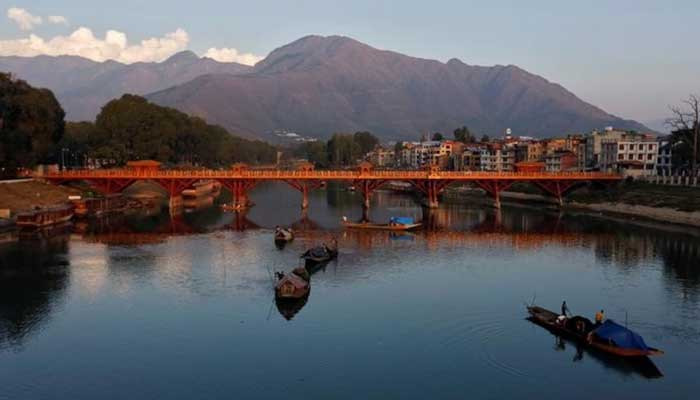Experts Comment on India’s Response to Pahalgam Attack and Indus Water Treaty
Following India’s announcement of strict diplomatic actions against Pakistan in response to the Pahalgam incident, veteran diplomats and specialists have stated that New Delhi cannot unilaterally suspend or revoke the Indus Water Treaty, which was facilitated by the World Bank in 1960.
India’s measures, revealed on Wednesday, came after the deaths of at least 26 tourists in Indian Illegally Occupied Jammu and Kashmir (IIOJK) the previous day.
Former Diplomats Weigh In
Abdul Basit, former Pakistani High Commissioner to India, conveyed that the Indus Water Treaty is protected against unilateral suspension or termination, advising against creating unnecessary alarm. He cautioned that India might consider taking detrimental actions against Pakistan, despite the limitations.
Basit noted that with bilateral trade already halted, the closure of the Wagah-Attari border holds limited significance for Pakistan. He stressed the need for readiness, warning that India could take unpredictable steps.
Echoing Basit’s views, former ambassador and PPP Senator Sherry Rehman emphasized that treaties cannot be unilaterally suspended or terminated. She recounted a past incident during President Clinton’s visit in 2000 when India blamed Pakistan for an attack in IIOJK, which was later disproven.
Referring to the recent attack in IIOJK, Rehman suggested that initial signs indicate a potential false flag operation.
Former senator Mushahid Hussain Syed shared similar concerns, suggesting India is using the Pahalgam incident as a pretext to potentially suspend the Indus Water Treaty, aiming to exert pressure on Pakistan. He emphasized that the treaty is a binding international agreement and that any attempt by the Indian government to halt Pakistan’s water supply would breach international law and could be considered an act of aggression.
Syed also urged informing the UN Secretary-General about what he described as false accusations made by India against Pakistan. He asserted Pakistan’s readiness to respond appropriately to India at all levels.
Background on the Indus River and Treaty
The Indus River, a major waterway in Asia, traverses sensitive borders, including the line separating India and Pakistan in Kashmir. The 1960 Indus Water Treaty was designed to allocate water between the two nations but has been a source of ongoing contention.
Pakistan has long harbored concerns that India, being the upstream riparian, might restrict its access to the river’s water, with potentially severe implications for its agricultural sector.



Comments (0)
No comments yet. Be the first to comment!
Leave a Comment